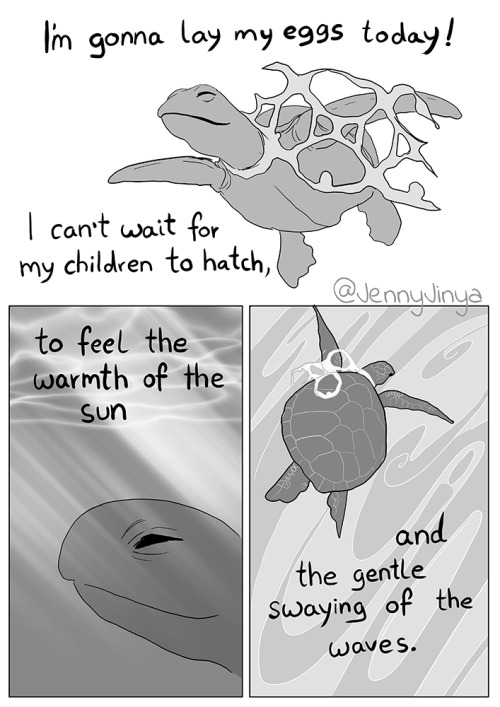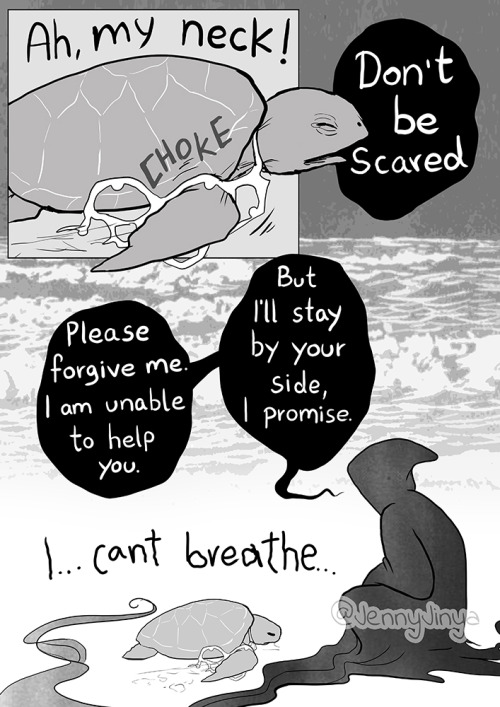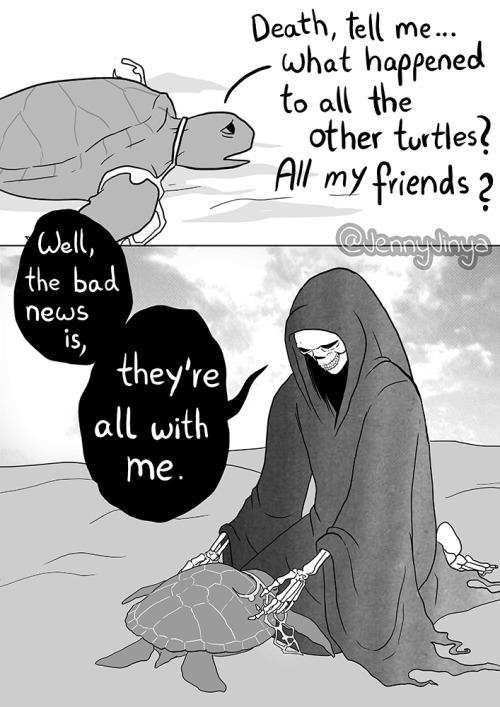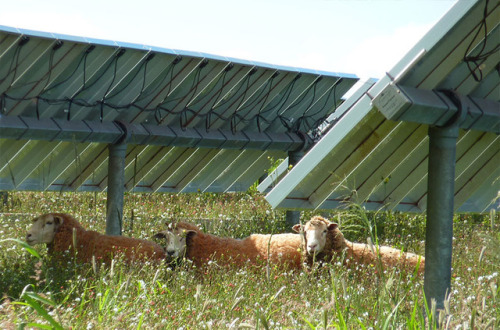The Reason "We (USamericans) Should Reduce Our Personal Consumption Of Resources To Save The Planet!"
The reason "We (USamericans) should reduce our personal consumption of resources to save the planet!" won't change anything, is that there is no "we."
The average American does X amount of unnecessary shopping, but collapsing the wide range of wealth inequality into an average creates a vague call to action that sufficiently motivates 0 people.
Poor people feel guilty about buying stuff already. Even essential stuff. They have very little ability to adjust the amount they consume, and any adjustments that are possible would be almost negligible.
The moderately affluent and up vastly overestimate the impact of small adjustments to their lifestyle, and think of denying themselves any indulgence as extreme frugality. This is often the group that uses the "we" pronoun in the statement "We should consume less."
Most of the USA's carbon emissions come from heating and cooling and from cars. Since homelessness is treated as a crime, houses are not made sustainably or constructed smaller than a certain size, and it is virtually impossible to work or obtain basic needs without a car, there is a very solid and nearly impenetrable bottom to the scale of individual consumption.
So much consumption is near 100% impossible to opt out of, which means of course that the money that goes to it is never really yours, it just happens to pass through you on its way to its true destination.
This is obscured by the fact that the more privileged can ride a cushioned elevator below that bottom, play for as long as it takes for them to feel good about themselves, and take the elevator back up, and then write an article saying "See! I lived on 3 cents a day/lived in a 100sqft house/didn't use electricity for a week, and here's what I learned!"
Sure, you tried living a frugal life for a while. But you never doubted that the elevator would be there to take you back when you were tired of playing. You never felt the Fear. That's why you learned nothing.
More Posts from Green-notebooks and Others










I really wanted to draw a comic about green turtles ;_; they’re facing so many hardships and are classified as endangered. I want this issue to get more attention.

Wake up kids, new extreme paint dropped
Honestly if your response to "I dont have many skills that would be useful in a post-capitalist society" is "so I guess I'll just be pursuing my intellectual hobbies as my contribution to my community" instead of "so I guess I'll be doing dishes in the cafeteria/janitorial work/manual labor" you should really reconsider how you come at the very concept of work and society as a leftist. Is socialism no longer appealing if you have to do the work you previously took for granted? Is the liberation of the proletariat not worth it if you have to contribute something besides your dream job in academia or leading support groups? Are you really "too good" for "that type" of work, even if it is for a world where no one starves?
we will still have hobbies/run d&d/learn other languages under socialism - in fact, we would likely have far more time to pursue them than under capitalism - but when we think of our future labor, we ought to consider the "menial" tasks that keep society running; loading boxes onto trucks, cooking in a factory kitchen, packaging medical supplies for distribution, building new homes as a worker and not an architect. these jobs will never disappear, and to assume that someone else will do them while you lead workshops or go to school to become a trained professional is to announce your continuing loyalty to petite bourgeois ethics. The dream of socialism is not a fantasy where you continue to do the exact same thing you want to do under capitalism, but now with a clear conscience about it. It's to build a better world as one global movement, to lift up the most oppressed and downtrodden from the muck; a task which requires, above all else, heavy and thankless work that we must be prepared and happy to undertake if we ever hope to succeed.

Neglected pastures thrive under solar panels
Solar panels could increase productivity on pastures that are not irrigated and even water-stressed, a new study finds. The new study published in PLOS One by researchers at Oregon State College finds that grasses and plants flourish in the shade underneath solar panels because of a significant change in moisture. The results bolster the argument for agrovoltaics, the concept of using the same area of land for solar arrays and farming. The idea is to grow food and produce clean energy at the same time.

Jeanette Winterson
no, listen, when I say I want to integrate more specific solarpunk stuff in my life, i don’t mean to ask for yet again new “aesthetic” clothes that now you have to buy or make to show your support of the movement (screw that i’m consuming enough as it is), or more posts about impossible house goals, or whatever, I’m asking you what my options to build a portable and eco friendly phone charger are, im asking you viable tiny-appartment edible plants growing tricks on a budget, im asking tips to slow down when my mind and society tell me im not fast enough, i don’t need more rich art nouveau amateurs aesthetics or pristine but cold venus project, okay, i know i should joins associations where I am tho i’m constantly on the move, thanks for that, just, you know, can we get a bit more practical ??? how do I hack my temporary flat into going off the grid for the time i’m here
15 September 2020: Largest remaining Arctic ice shelf falling apart.




August 2020: Last intact ice shelf within Canadian borders falls apart.





Between July 30 and August 4, the Milne Ice Shelf collapsed into the Arctic Ocean. As Canada’s last fully intact ice shelf, it was estimated to have shrunk the remaining mass by 43 percent, losing more than 30 square miles of land area, which is bigger than the size of Manhattan. […] Located in Canada’s largest and northernmost territory, Nunavut, the shelf is thought to have collapsed mostly because of above-normal temperatures for the region during July 2020, 9 degrees Fahrenheit warmer than the established 30-year average. [Text from NOAA press release. “Canada’s Milne Ice Shelf Collapses.” 12 August 2020.]
actually you know what im gonna infodump about permaculture and sustainable farming for a minute bc it’s been my main hyperfixation for a while and y’all really Ought to Know This because it can, in fact, give you a green thumb as well as extra food to eat, is very cheap, and it’s extremely time management friendly. i only need to work on my garden twice a month, maybe more during drier seasons/if i get more plants.
(also correct grammar and spelling below bc i don’t know about you but i can’t read otherwise.)
Keep reading

what is permaculture? an illustrated introduction // maddieraithby.co.uk





I’m trying to write a personal diary about my gardening activities.
-
 killthelantern-raisetheghost reblogged this · 2 months ago
killthelantern-raisetheghost reblogged this · 2 months ago -
 killthelantern-raisetheghost liked this · 2 months ago
killthelantern-raisetheghost liked this · 2 months ago -
 semicolonsandsimiles liked this · 2 months ago
semicolonsandsimiles liked this · 2 months ago -
 newtsoftheworldunite reblogged this · 2 months ago
newtsoftheworldunite reblogged this · 2 months ago -
 variousbones liked this · 2 months ago
variousbones liked this · 2 months ago -
 pupiero liked this · 2 months ago
pupiero liked this · 2 months ago -
 fifteensjukebox reblogged this · 2 months ago
fifteensjukebox reblogged this · 2 months ago -
 punk-pins liked this · 2 months ago
punk-pins liked this · 2 months ago -
 frenchsiren liked this · 2 months ago
frenchsiren liked this · 2 months ago -
 giftwrappedsuburbanlegends liked this · 2 months ago
giftwrappedsuburbanlegends liked this · 2 months ago -
 whenthegoldisgone liked this · 2 months ago
whenthegoldisgone liked this · 2 months ago -
 in-love-and-jeph liked this · 2 months ago
in-love-and-jeph liked this · 2 months ago -
 nonoggh reblogged this · 2 months ago
nonoggh reblogged this · 2 months ago -
 dotdotd liked this · 2 months ago
dotdotd liked this · 2 months ago -
 milfygerard reblogged this · 2 months ago
milfygerard reblogged this · 2 months ago -
 milfygerard liked this · 2 months ago
milfygerard liked this · 2 months ago -
 electrictouchfeaturingfalloutboy reblogged this · 2 months ago
electrictouchfeaturingfalloutboy reblogged this · 2 months ago -
 electrictouchfeaturingfalloutboy liked this · 2 months ago
electrictouchfeaturingfalloutboy liked this · 2 months ago -
 n1ghtmarewa1ker reblogged this · 2 months ago
n1ghtmarewa1ker reblogged this · 2 months ago -
 foreverblueraven liked this · 2 months ago
foreverblueraven liked this · 2 months ago -
 working-class-weeb reblogged this · 2 months ago
working-class-weeb reblogged this · 2 months ago -
 working-class-weeb liked this · 2 months ago
working-class-weeb liked this · 2 months ago -
 angstbotfic reblogged this · 2 months ago
angstbotfic reblogged this · 2 months ago -
 whitetiger94things reblogged this · 4 months ago
whitetiger94things reblogged this · 4 months ago -
 chef-blah liked this · 4 months ago
chef-blah liked this · 4 months ago -
 sailor-starry-night liked this · 5 months ago
sailor-starry-night liked this · 5 months ago -
 bitstitchbitch reblogged this · 6 months ago
bitstitchbitch reblogged this · 6 months ago -
 the-ratroach liked this · 6 months ago
the-ratroach liked this · 6 months ago -
 imsosocold reblogged this · 6 months ago
imsosocold reblogged this · 6 months ago -
 alex-strike-is-transgender liked this · 7 months ago
alex-strike-is-transgender liked this · 7 months ago -
 curiouslilbird reblogged this · 8 months ago
curiouslilbird reblogged this · 8 months ago -
 antag0neist liked this · 8 months ago
antag0neist liked this · 8 months ago -
 gnomish-druid liked this · 8 months ago
gnomish-druid liked this · 8 months ago -
 blublethebubble liked this · 8 months ago
blublethebubble liked this · 8 months ago -
 tyler-your-screwy-gay-neihgbor reblogged this · 9 months ago
tyler-your-screwy-gay-neihgbor reblogged this · 9 months ago -
 tyler-your-screwy-gay-neihgbor liked this · 9 months ago
tyler-your-screwy-gay-neihgbor liked this · 9 months ago -
 lazydumbace liked this · 9 months ago
lazydumbace liked this · 9 months ago -
 one-in-a-maxi-million reblogged this · 9 months ago
one-in-a-maxi-million reblogged this · 9 months ago -
 thefuckisgender liked this · 9 months ago
thefuckisgender liked this · 9 months ago -
 everyonesfavoritebard liked this · 10 months ago
everyonesfavoritebard liked this · 10 months ago -
 ami-not-amy liked this · 10 months ago
ami-not-amy liked this · 10 months ago -
 maskedblackfox reblogged this · 10 months ago
maskedblackfox reblogged this · 10 months ago -
 hyperactive-yellow liked this · 10 months ago
hyperactive-yellow liked this · 10 months ago -
 pmmdj liked this · 10 months ago
pmmdj liked this · 10 months ago -
 zwulm liked this · 10 months ago
zwulm liked this · 10 months ago -
 switzerland2030-blog1 reblogged this · 10 months ago
switzerland2030-blog1 reblogged this · 10 months ago -
 switzerland2030-blog1 liked this · 10 months ago
switzerland2030-blog1 liked this · 10 months ago -
 cup-of-water liked this · 11 months ago
cup-of-water liked this · 11 months ago -
 just-an-insy-weensy-little-guy reblogged this · 11 months ago
just-an-insy-weensy-little-guy reblogged this · 11 months ago